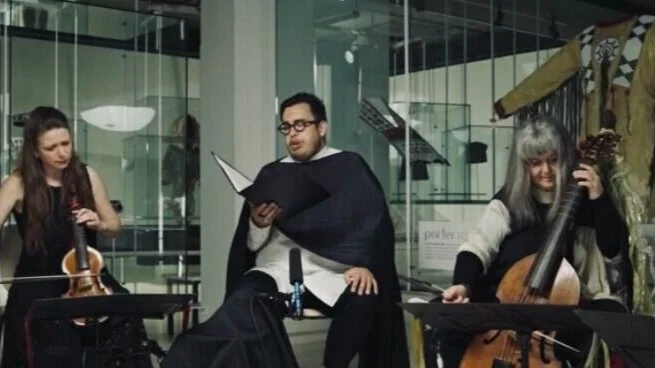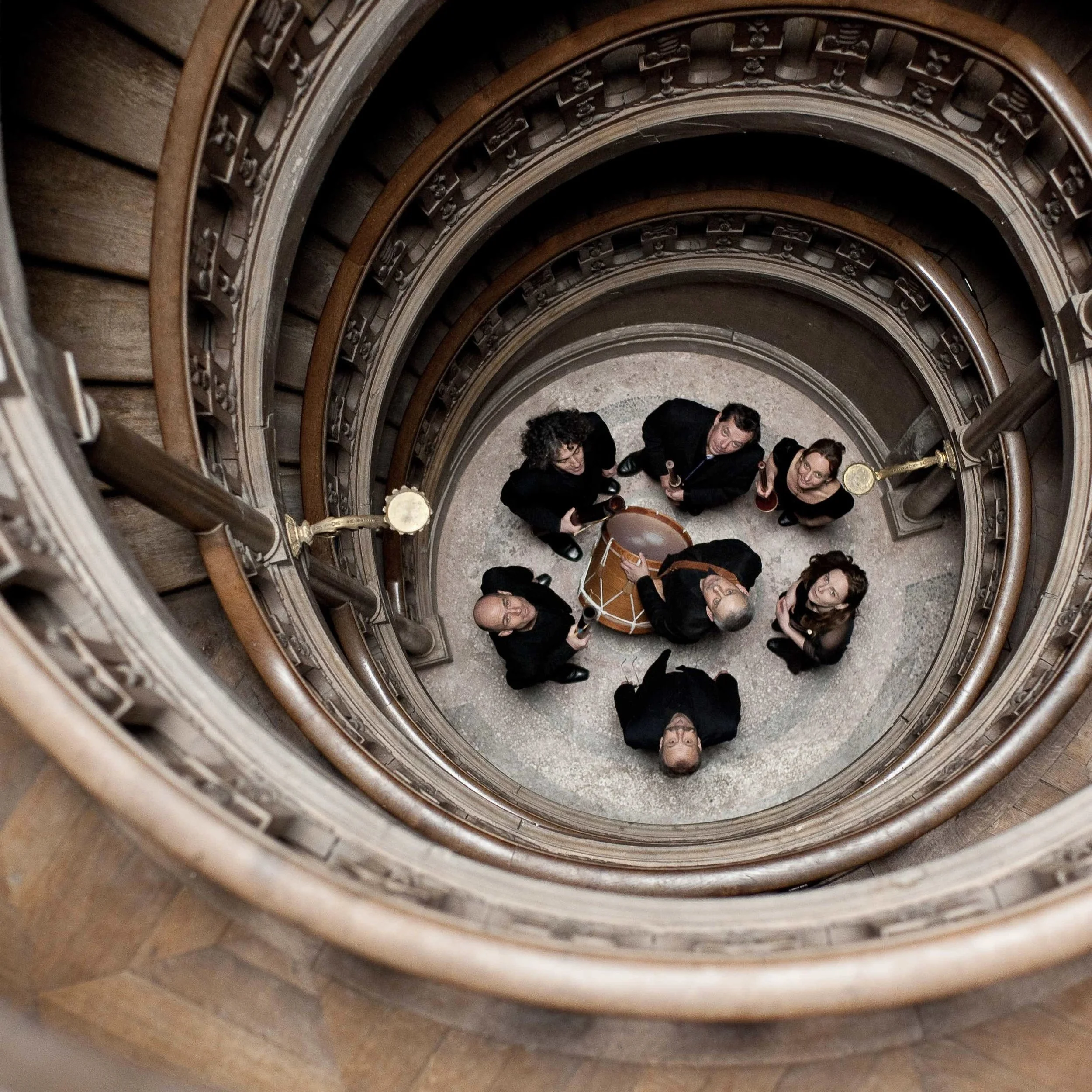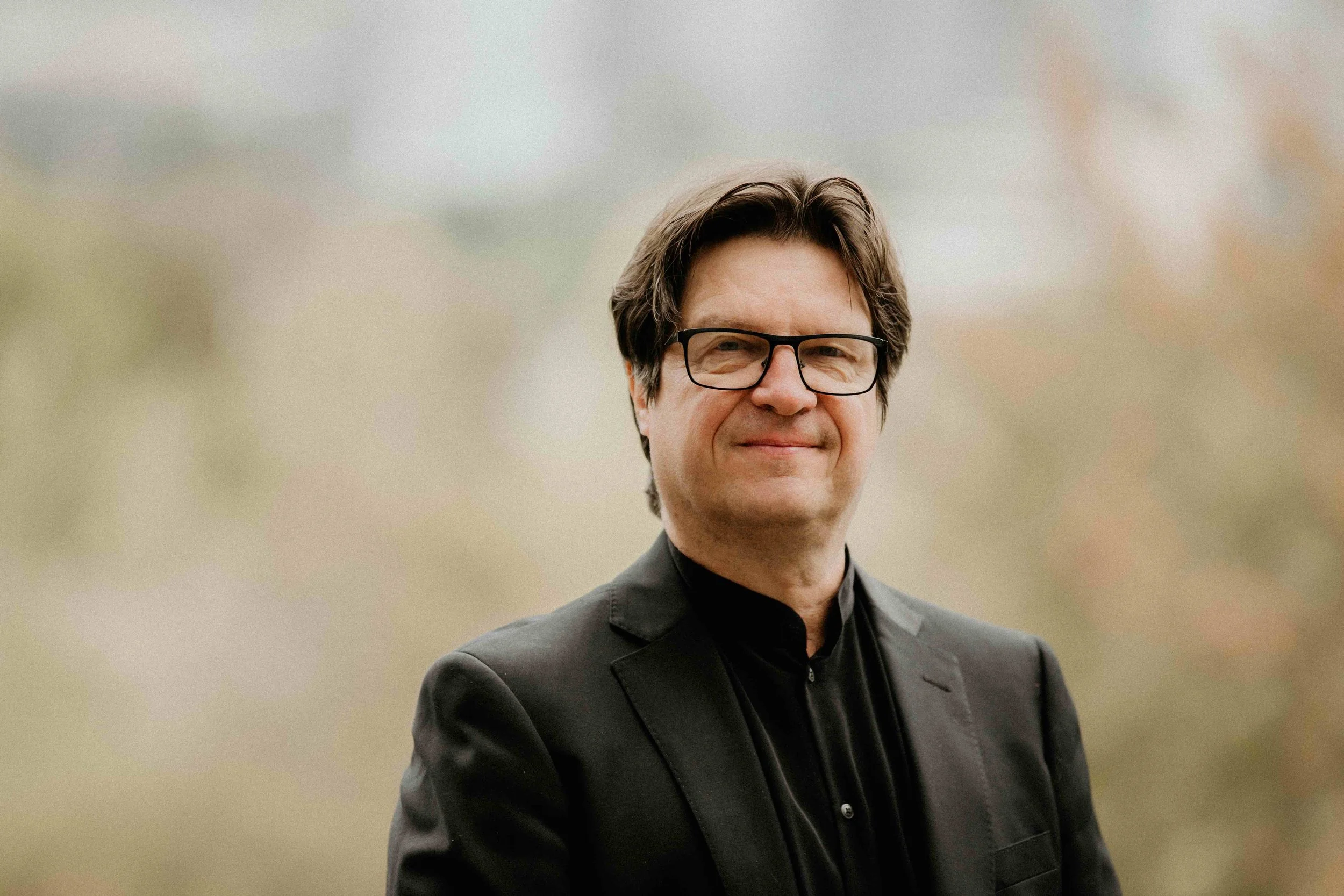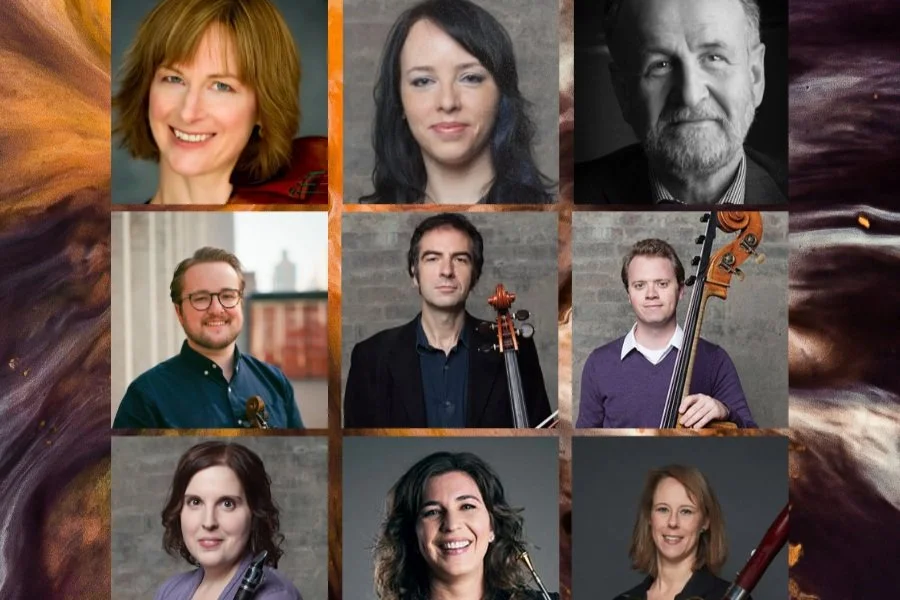Film review: Baroque beauty and exquisite instruments onscreen at Vancouver Bach Festival
Series at The Cinematheque travels from Belgian historical site to Métis chansons
Catalina Vicens plays the medieval portative organ in The City of Ladies.
The Vancouver Bach Festival presents Rossignol Sauvage with Nightingales in the Garden at 11 am and The City of Ladies at 7 pm on July 27 at The Cinematheque; concerts are available to stream during the festival, which runs until August 6.
NOT ONLY do early-music fans have a chance to hear exquisite, rare instruments amid atmospheric Belgian settings in The City of Ladies, but they’ll learn about a woman centuries before her time.
The polished recording created specifically for the Vancouver Bach Festival features Servir Antico ensemble performing in the ornate medieval chapel and serene gardens of Belgium’s historic Hôpital Notre Dame à la Rose—a centuries-old hospital first run by Augustine nuns. The artists give artful ode to Christine de Pizan, a late-14th- and early-15th-century revolutionary who challenged women’s role in society, and is recognized as one of the first females to earn a living by writing.
The celebration takes mesmerizing and flowingly edited musical and historical form, interweaving gorgeous and often haunting compositions with poetry and insights from historian Hélène Haug at Musée de la Maison d'Érasme à Bruxelles. Enlightening stuff, with touchstones from Plato to Martin le Franc’s Le Champion des Dames, with the transportive setting and intoxicating sounds helping it avoid feeling academic.
The instruments alone are a draw, the celebrated Chilean-born keyboard master Catalina Vicens showing her considerable talent on a medieval portative organ—a small instrument with a row of pipes, keys, and a bellows at the back. Elsewhere, ensemble member Michaël Grébil Liberg plays a range of stringed beauties, including a lute with a stunning ornate rose (the decorated sound hole).
Together with Nolwenn Le Guern on medieval fiddle, they build nuanced chemistry, every note deeply felt. Standouts like the 15th-century Ave regina caelorum by Guillaume Dufay show a supremely restrained tempo and aching expression, soprano Lieselot De Wilde and mezzo Coline Dutilleul harmonizing transcendently with Grébil Liberg.
The mood ranges from slow and contemplative to the ensemble unleashing the celebratory strains of the 15th-century French chanson De tous biens plaine, translated as: “My mistress possesses every virtue/Everybody pays her homage/for she is as full of worth/as ever any goddess was.” Here’s to high praise of womankind, from a group that brilliantly bridges the distant past with the present.
Rossignol Sauvage
The City of Ladies is part of a larger daylong “takeover” of The Cinematheque by the Bach fest, with films that also stream to August 6.
Among them, Nightingales in the Garden hauls an ornate harpsichord and other instruments to different scenic spots in VanDusen Botanical Gardens—under Douglas firs, amid bushes—to showcase the music of composer James Oswald. It’s a fitting location, as the 18th-century Scottish composer, rarely heard in concert, was inspired by all form of flora—from flowers to almonds and thistles. An added bonus here is that two of Ballet BC’s most exciting male dancers, Jordan Lang and Justin Rapaport, perform on the lawn around and behind the players—standout flutist Soile Stratkauskas, violinist Kathryn Wiebe, harpsichordist Christina Hutten, and viola da gamba player Natalie Mackie.
It’s paired in a double bill with the resonant Rossignol Sauvage, featuring Cree-Métis Two-Spirit baritone Jonathon Adams—Early Music Vancouver’s summer artist-in-residence—and Les Voix Humaines performing Métis songs in Michif, French, and English, in Montreal’s McCord Museum. Intercut with closeups of textiles and other Indigenous pieces from the McCord collection are rare musical discoveries: highlights include the plaintive Le Petit Rossignol, a traditional Métis chanson beautifully arranged by Susie Napper and sung with melancholic depth by Adams.
There's an array of other films on the program, too, linked together by new and passionately progressive takes on music that's hundreds of years old.















